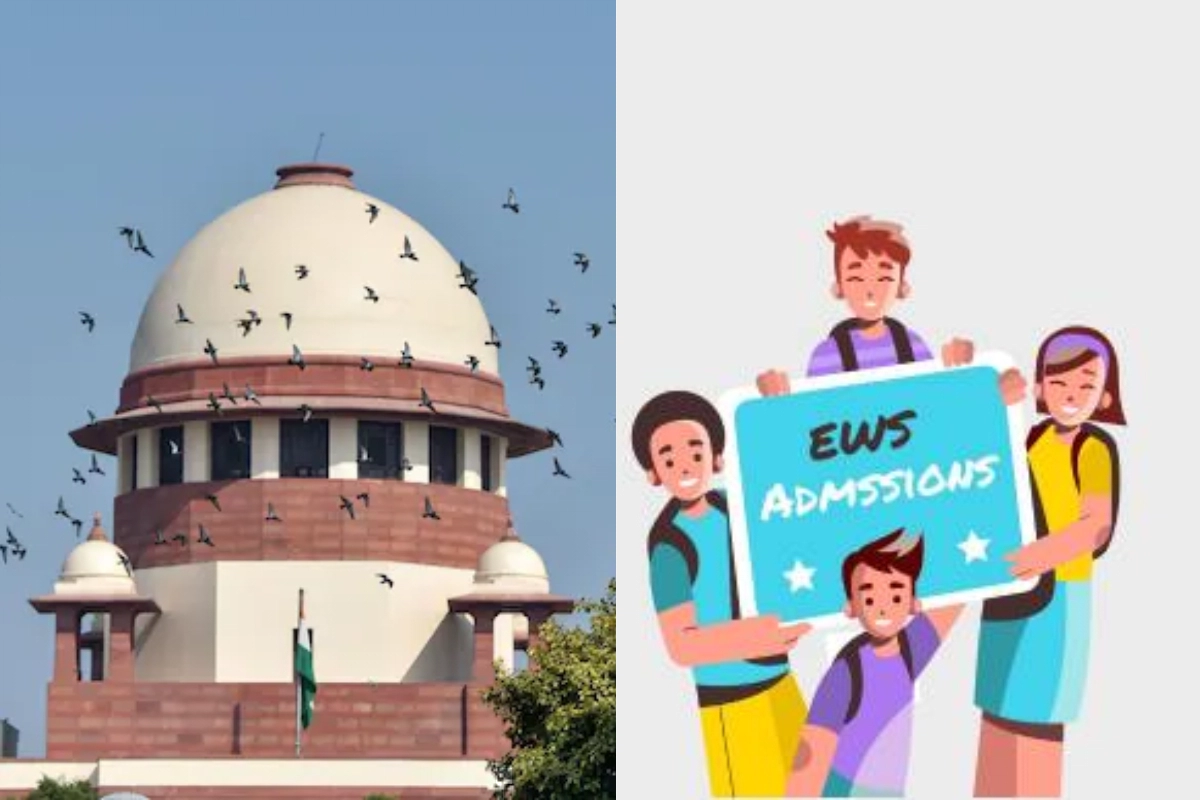Supreme Court on Validity of EWS Quota: The Supreme Court will rule on the legality of the 10% quota in all colleges and government positions for India’s so-called “upper castes,” which was implemented shortly before the 2019 general elections, today.
Also Read: Banaras Hindu University: Botanists Find a New Genus of Fungus to Treat Cancer
Here are your top ten takeaways from the Supreme Court’s ruling in the EWS quota case today:
- The reservation was intended for Economically Weaker Sections (EWS), a crucial constituency for the BJP, and it avoids the benefits of current affirmative action, which benefits groups who have historically been marginalised in Indian culture.
- After the BJP lost the elections in Madhya Pradesh, Rajasthan, and Chhattisgarh in January 2019, the 103rd constitutional amendment was approved but was immediately challenged in the Supreme Court.
- Even though the majority of the opposition parties, including the Congress, did not oppose the bill, the Supreme Court heard up to 40 petitions against it, including one from the state of Tamil Nadu, which has some of the highest levels of reservation in the nation, well balanced.
- The Supreme Court’s 1992 restriction on national reservations of 50% was raised by the petitioners, who also questioned if the EWS quota altered the “fundamental structure” of the constitution. These were just two of the issues raised by the petitioners against the EWS quota.
- The Supreme Court ruled in 1973 that the basic framework of the constitution, which includes clauses like the rule of law and the separation of powers, is outside the purview of parliament.
- The court said after hearing the EWS case that it will base its decision on the answers to three key points, including whether the amendment changed the essential makeup of the constitution by enabling economic status to be taken into account when reserving seats.
- The other two concerns were whether it could be enforced on private institutions and if it could be used to exclude historically marginalised groups based on caste, religion, and tribe.
- The government contended that the modification would assist in removing individuals from poverty and did not go against past Supreme Court rulings or the principles of the constitution.
- The case was initially heard by three judges, who in 2019 forwarded it to a larger five-judge panel. The court reserved its judgement after a protracted six-and-a-half day hearing in September.
- The five judges, led by retiring Chief Justice Uday Umesh Lalit, are anticipated to rule on the matter today.
Keep watching our YouTube Channel ‘DNP INDIA’. Also, please subscribe and follow us on FACEBOOK, INSTAGRAM, and TWITTER
